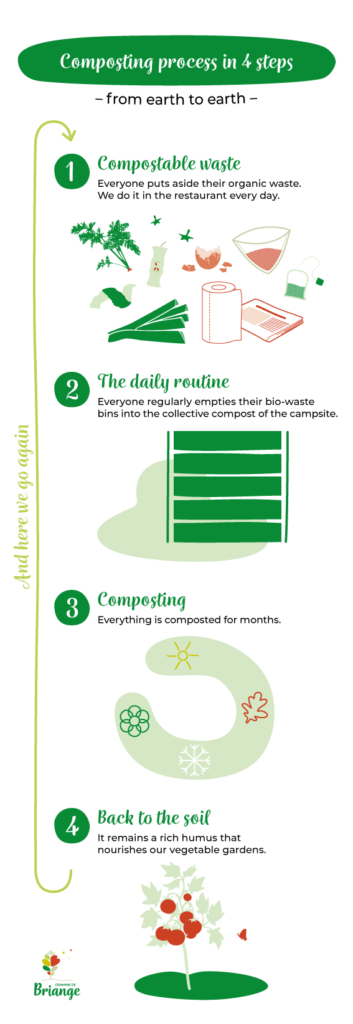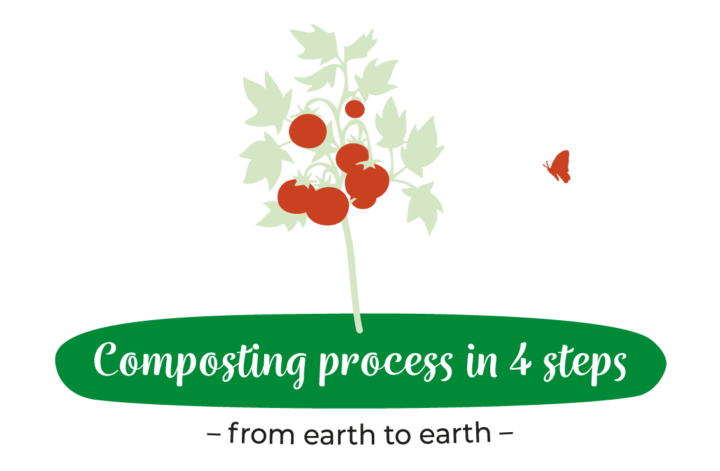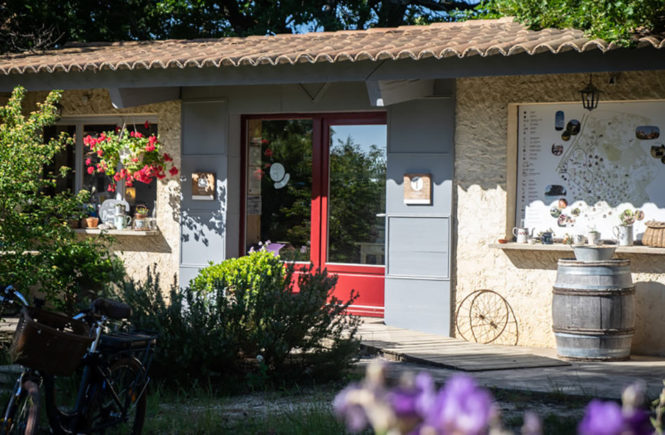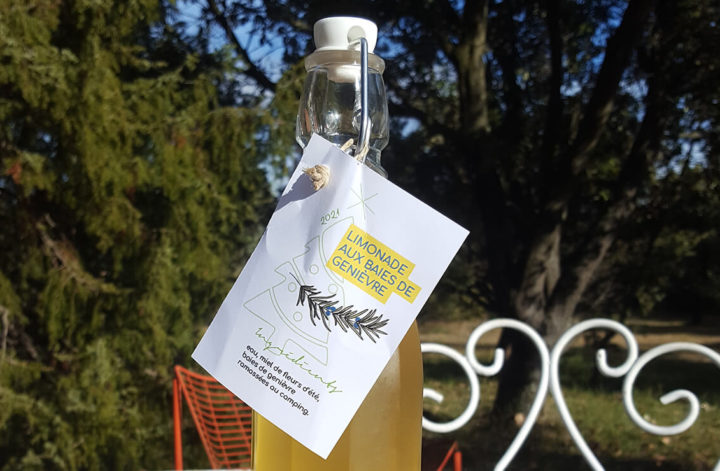To limit our household waste, give a second life to organic waste and fertilize the earth, there is nothing like compost! We have 3 compost at the campsite, corresponding to 3 different uses, here they are in details.
Compost at the campsite for kitchen waste
What can be composted?
Let’s start with what you can compost:
- Kitchen waste: peelings, bread, dairy products, coffee, tea, eggshells, leftovers – including meat without bones, etc.
- Paper waste: paper towels, newspaper, napkins, coffee filters, etc.
We urge you to do this during your holidays but also during the rest of the year. Organic waste weighs 1/3 of our garbage and is responsible for its bad smell. On top of that, it ends up being incinerated even though it is full of water. Isn’t that silly?

4 steps from earth to earth
1. Compostable waste
Everyone puts aside their bio-waste when they cook. We also do this every day in the restaurant.
We have a compost bin available in each accommodation. And we also have a few extra bins for campers who wish to use them.
2. The daily routine
Everyone empties their bio-waste bin into the collective compost bin on the campsite. It is located at the entrance of the campsite, right next to the bins.
3. Composting of food waste
This collective harvest stays in the composter for months after the season. Nature does its work! It can reach 60°C during decomposition, which prevents diseases from developing.
4. Back to the soil
Once composted, the humus collected is used for the shared gardens, Jardins d’Armel or for the plantations that we make. These vegetable gardens produce vegetables that we peel and that go into the compost and so on…
Leaf compost
Another use, another compost. Oak leaves fall between December and January, sometimes even later for some trees. We collect them to prevent them from choking the grass, and to give us nice camping spaces.
Then we store them in a separate area at the bottom of the campsite. The initial volume of all these leaves is about 100 m³! After a year of composting, there is just under 15 m³ left, and a very good humus for the market gardening of Jardins d’Armel. It takes a little longer than kitchen compost, which is why we put them aside.
Dry toilet compost
Last use, last compost. You can easily understand why we have created a special compost for dry toilets. So let’s find out the details in this article.



